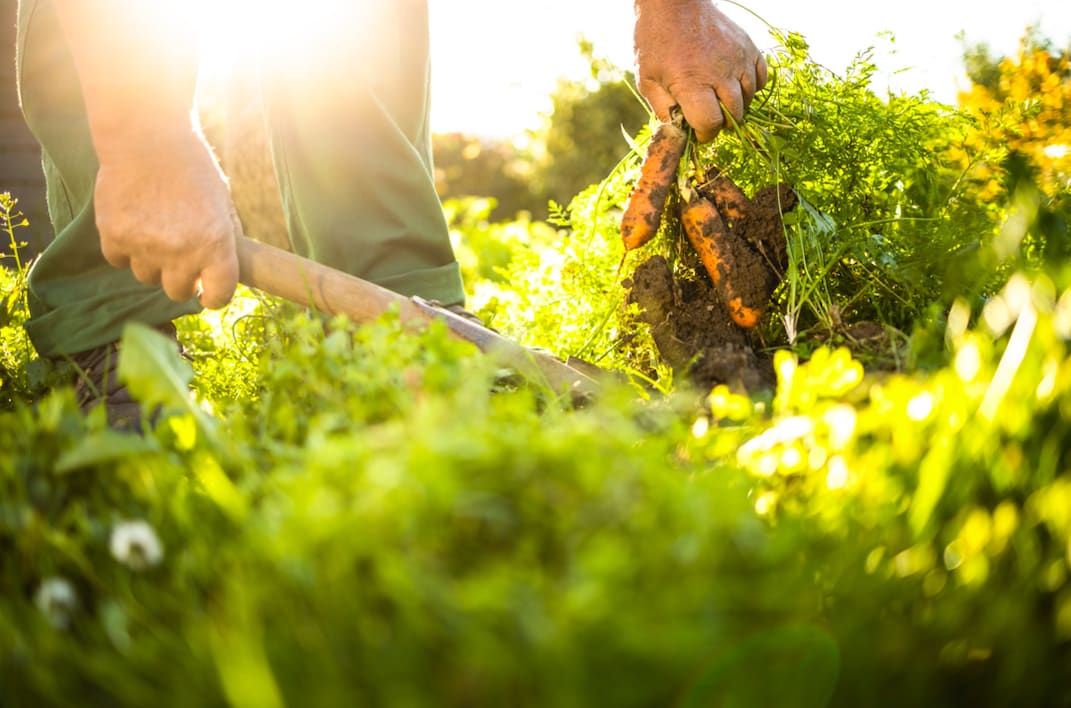I had no trouble choosing a topic for this month’s column for the optimism edition. Farming is having a regenerative revolution and it could be the start of a golden era for sustainability.
Regenerative farming not only ‘does no harm’ to the land but actively develops it, by using technologies that improve the health of the soil and diversity of the ecosystem above it. The better the soil, the more carbon dioxide it soaks up, the more nutritious the crop and the richer the diet of the animals or crops produced. Ultimately, food produced within a flourishing ecosystem tastes better and has more nutrients.
Fields rich in species are more resilient, too. Recent changes in weather have tested conventional crops but farmers that sow with diversity in mind find that the crops do better. D’Oyleys Farm in South Oxfordshire has been farming regeneratively for years and notice their fields stay green even in the hot summer months, and their fields drained better during wet flooding winters. It’s heartening to know that nature, when left to do its thing, is quick to move back into fields left pesticide and fertiliser free. Rather than waiting years for wildlife to return, James Rebanks, author of English Pastoral, was delighted when barn owls returned within three months to a patch of land he’d left to go wild.
It's encouraging that large companies are going for it, Nestle’s Shredded Wheat now uses regeneratively farmed crops and McDonalds is halfway into a project to produce beef farmed with the long-term goal of restoring biodiversity and soil health.
Closer to home, the Oxford Artisan Distillery are using heritage wheat to produce their spirits. The ancient grains are foraged and nurtured by John Letts, who is passionate about finding ways of bringing back variety to cropping. His farming practice actively restores the land and produces a good crop yield. He has found that using heritage grain means the crop is more resilient. There is some talk about heritage grain helping with gluten intolerance, too.
I haven’t done justice to the number and range of farmers in Oxfordshire who are using these wonderful techniques. If you’re thinking you would like to support regenerative farmers, there’s one obvious way to do it; buy their products when you see them. Some farms, like Hampton Gay in Kidlington, or Northmoor Farm deliver. Others have farm shops like Willowbrook in Kidlington and you can always ask a butcher or greengrocer where they get their produce.
As a New Year Resolution, maybe we should all try to grow something that we eat, to see and appreciate the hard work that goes into it.









